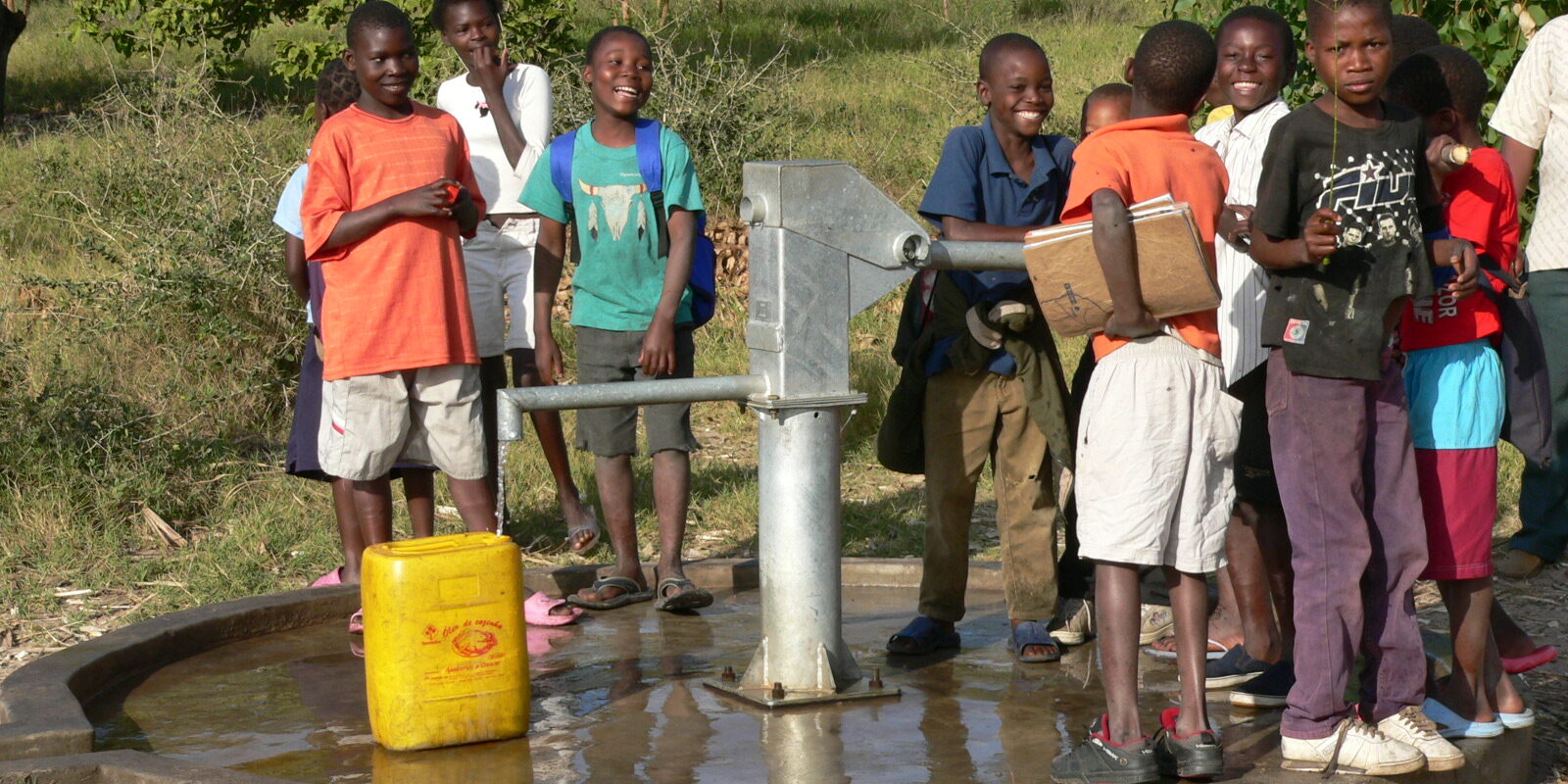Overview
The Community Water and Sanitation Agency Regulations, 2011 (L.I. 2007) provide comprehensive guidelines for the management and administration of water and sanitation services in rural communities and small towns in Ghana. These regulations cover the roles of District Assemblies, tariff setting, water safety, sanitation facility standards, and penalties for non-compliance. The rules aim to ensure access to safe water and proper sanitation facilities in accordance with national and international standards.
Subsections
- General Principles
-
- District Assembly as Approving Authority: Anyone intending to provide water or sanitation facilities must apply to the District Assembly, which decides on the approval within 10 days.
- Water and Sanitation Management Team: Each District Assembly must form a management team to oversee community water and sanitation services.
- Tariff Setting: Management teams propose tariffs, which are vetted by the Agency to ensure they align with guidelines.
- Standards for Water Facilities
-
- Basic Requirements: Each individual in a community should have access to at least 20 liters of water per day, and water points should be within 500 meters from any home.
- Borehole Drilling and Pump Installation: Boreholes must yield at least 10 liters per minute and be located at least 50 meters from contamination sources.
- Design Criteria: Piped schemes and mechanized water systems must meet specific design and operational standards.
- Sanitation Facilities
-
- Design and Construction: Sanitation facilities must be fly- and odor-free, structurally stable, and accessible to children, the elderly, and persons with disabilities. They must also include handwashing stations.
- Siting and Defective Facilities: Sanitation facilities should be located at least 50 meters from water sources. Defective facilities must be repaired or demolished at the cost of the responsible party.
- Water Safety and Quality
-
- Water Safety Plans: Operators must develop and implement water safety plans, including regular testing and risk management to meet the quality standards set by the Standard Authority.
- Water Quality Testing: Water quality must be tested twice a year, during the rainy and dry seasons, to ensure safety.
- Medical Certification: Workers in water supply systems must be certified as medically fit twice a year.
- Tariff Collection and Financial Management
-
- Methods of Collection: Tariffs can be collected via the “pay-as-you-fetch” method at standpipes or through monthly billing.
- Investment of Tariffs: A portion of tariffs must be invested in expanding and rehabilitating water systems.
- Miscellaneous Provisions
-
- Customer Complaints: A clear and publicized process must be established to handle customer complaints.
- Pump Inspection and Approval: Pumps must be inspected and approved by the District Assembly before installation.
- Penalties and Offences: Offenses, such as installing unapproved pumps or damaging water facilities, incur fines or imprisonment.
- Schedules
-
- First Schedule: Outlines the composition and election process for the Water and Sanitation Management Team.
- Second Schedule: Provides design criteria for piped water and limited mechanization schemes.
- Third Schedule: Specifies the siting criteria for sanitation facilities.



